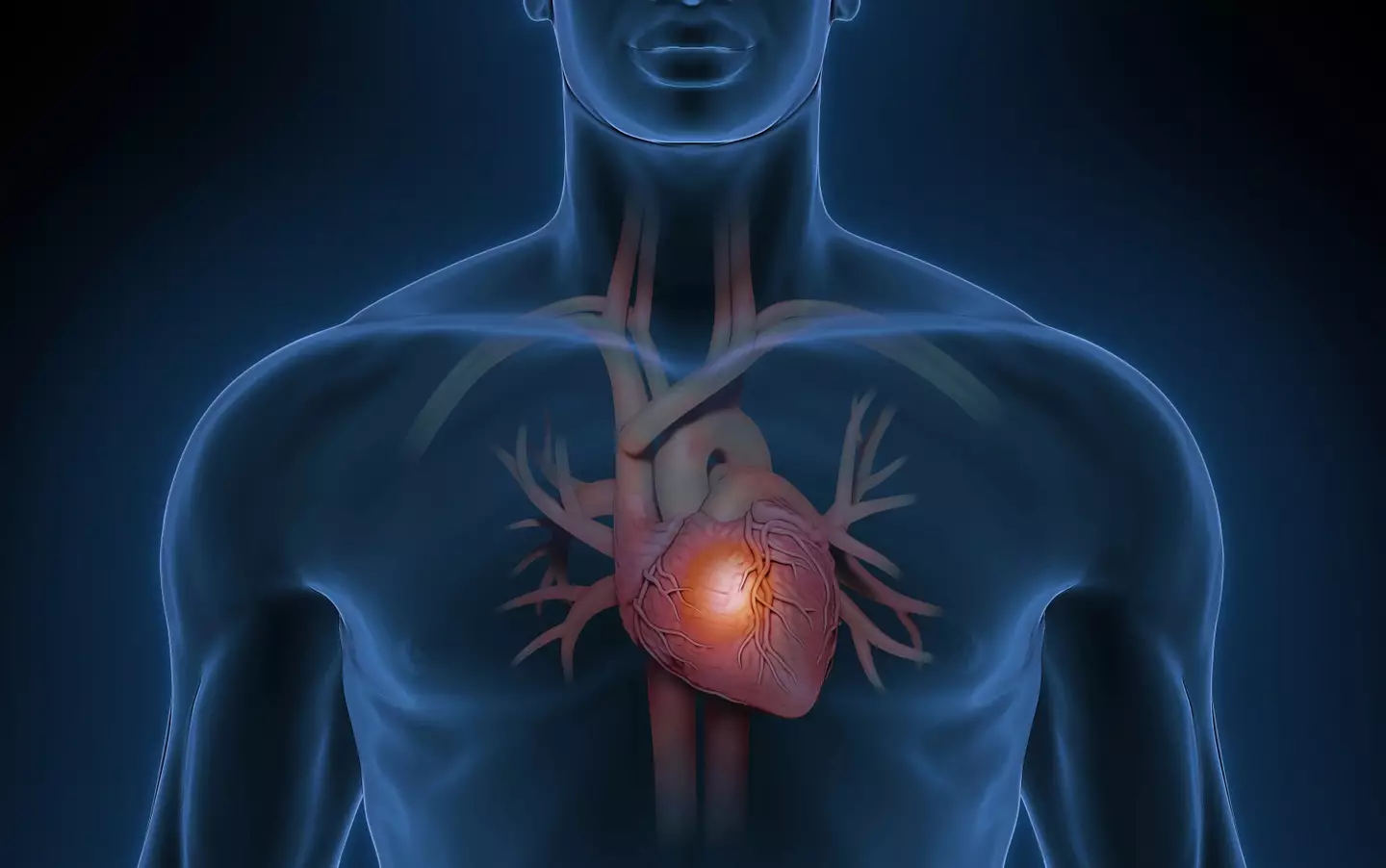
There's good news for lads who's chat up lines leave something to be desired, as you can now use science-backed evidence to help your seduction techniques.
Most males will use any excuse to get someone into bed, but so far, they haven't had much luck when it comes to arguing that bonking is 'for the good of their health'.
But now, that could all change - as according to a new study, frequent fornication can slash the risk of heart disease for blokes.
Advert
Research carried out by boffins in China found that gents who engage in a lot of sexual activity are less likely to suffer from problems with their ticker later in life.
Heart disease, also known as cardiovascular disease, is a term used to describe a range of conditions which affect the heart.
This includes conditions such as arrhythmias, or ones that narrow or block blood vessels (coronary heart disease), which can lead to a heart attack, angina and some strokes, according to the British Heart Foundation (BHF).
Advert
Some people are at a greater risk of suffering from heart disease due to the lifestyle choices - such as smoking, drinking alcohol, being overweight and being inactive - which they make.
But many forms of the condition can be 'prevented or treated' by overhauling your habits... and apparently, having a lot more sex.
The experts found that getting your heart pumping while rolling around in the sheets improves your circulation as well as reducing stress, which is great for the health of your heart.
After analysing several studies, which involved 17,243 US adults to see how sex impacts the health and longevity of your heart, it emerged that men who had more sex were better off.

Advert
Following nearly nine years of research, the team from Qingdao University discovered that fellas who got it on less than 12 times a year were at a higher risk of suffering from heart disease and an early death.
But on the other hand, blokes who got laid about 103 times a year - which is roughly twice a week - had a lower risk of contracting the condition.
However, don't panic if you can't live up to those stats, as even having sex just once a week - or 52 times a year - can still bring some health benefits.
And you shouldn't go to the extremes anyway, as the experts found that too much sex - which the researchers classed as more than once a day - could have a negative impact on your heart.
Detailing the findings in the Journal of Scientific Reports in December, the experts explained that your sexual activity is a useful indicator of your overall health.
Advert
"Those with either excessively high or low [sexual] frequencies should pay attention to the situation and seek medical attention if necessary," the authors wrote.
A dry spell could be down to issues such as erectile dysfunction, which is an early indicator that you could have heart disease.
The BHF explain that during an erection 'the arteries carrying blood to the penis dilate and more blood flows into the penis, causing it to swell'.

But if the arteries in your body are blocked by a buildup of fats, cholesterol and other substances (atherosclerosis), 'this causes a reduction in the blood flow, which can mean problems getting or maintaining an erection'.
Advert
Dr Alexis Missick, who works with UK Meds, explained why the state of our sex lives has such an impact on our overall wellbeing.
"Never mind the ways in which sex may be good for your heart in terms of love, intimacy and emotions; sex is quite literally good for your heart," she said.
"High blood pressure can increase your risk of a number of health problems in the long run, such as heart attack and stroke.
"Keeping your blood pressure at a healthy level is not only important but could be made a lot easier thanks to having sex."
According to Dr Missick, you could even swap intense workouts at the gym for sex.
"Sex may be an exercise that you can get on board with," the medic added.
"Burning approximately five calories a minute, sex works not only to get your heart rate up but it also uses and strengthens a number of different muscles throughout your body."
Topics: Health, News, Sex and Relationships, Science, China